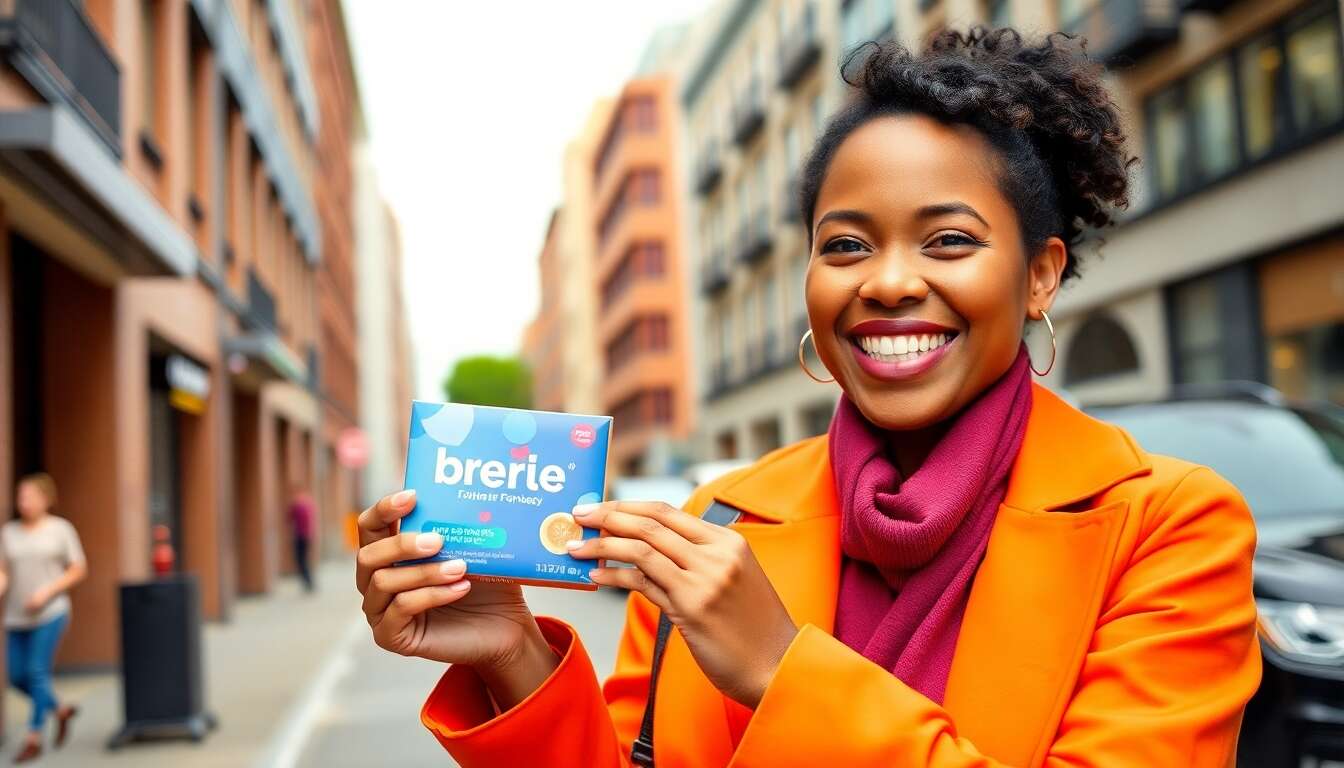In the dynamic world of marketing, influencers have emerged as pivotal figures, reshaping how brands interact with their audiences. These digital creators, armed with the power of social media, have become indispensable partners for brands aiming to enhance their visibility and drive transactions efficiently. As the marketing landscape continues to evolve, the strategic role of influencers as brand ambassadors becomes increasingly significant.
Role of influencers in the current marketing landscape
Influence and reach
Influencers wield a unique power in today’s marketing world due to their expansive reach and ability to engage audiences authentically. Their capacity to create relatable and engaging content allows them to foster a sense of community and trust among their followers. This trust is crucial for brands seeking to leverage influencers as intermediaries who can convey brand messages effectively.
Driving consumer behavior
Influencers have a profound impact on consumer behavior. By sharing their personal experiences with products and services, they can sway the purchasing decisions of their followers. This influence is especially potent in niches where influencers have cultivated a dedicated and engaged audience.
Cost-effectiveness
Unlike traditional celebrity endorsements, working with influencers can be more cost-effective. Brands can choose from a variety of influencers, ranging from micro to macro-influencers, based on their budget and target audience. This flexibility allows for more tailored marketing strategies that can yield significant returns on investment.
As the role of influencers in marketing becomes more pronounced, their partnership with brands evolves beyond mere endorsements, paving the way for a more strategic collaboration.
Brand ambassadors: strategic partners

Building authentic connections
Brand ambassadors play a crucial role in establishing authentic connections between brands and consumers. Unlike one-time promotional posts, ambassadors engage in long-term partnerships, enabling them to integrate brand values into their content organically. This ongoing relationship fosters genuine engagement and loyalty among consumers.
Customized messaging
Through their unique voices and styles, brand ambassadors can tailor messages to resonate with specific audiences. Brands benefit from this personalized approach, which can enhance their image and appeal to diverse consumer segments.
Increased engagement
Ambassadors tend to generate higher engagement rates compared to traditional marketing methods. Their followers, who trust their recommendations, are more likely to interact with and share their content. This increased engagement amplifies the brand’s reach and visibility.
With their ability to build authentic connections and deliver customized messaging, brand ambassadors are becoming indispensable strategic partners in modern marketing efforts.
Impact of influencers on fast and low-cost transactions
Streamlining the purchase process
Influencers facilitate fast and low-cost transactions by streamlining the purchase process. By providing direct links to products and services in their posts, they simplify the consumer journey from discovery to purchase, reducing friction and increasing conversion rates.
Leveraging social media platforms
Platforms like Instagram and TikTok have integrated shopping features that enhance the transactional capabilities of influencer marketing. By using these platforms, influencers can drive sales directly, making the shopping experience seamless and efficient for consumers.
Cost efficiency
Collaborating with influencers often requires lower financial investment compared to traditional advertising channels. This cost efficiency makes influencer partnerships an attractive option for brands looking to maximize their marketing budgets while achieving significant results.
The ability of influencers to facilitate fast and low-cost transactions underscores their value as crucial components of modern marketing strategies.
Criteria for selecting effective influencers
Audience alignment
The success of an influencer partnership depends largely on choosing influencers whose audiences align with the brand’s target market. Ensuring demographic and psychographic compatibility is essential for maximizing the impact of the collaboration.
Engagement rates
Engagement rates are a key metric when evaluating potential influencers. High engagement indicates an active and responsive audience, which can lead to more effective and impactful marketing campaigns.
Authenticity and credibility
Authenticity and credibility are paramount when selecting influencers. Brands should seek influencers who have a genuine connection with their followers and whose content reflects honesty and transparency.
- Audience alignment
- Engagement rates
- Authenticity and credibility
By carefully considering these criteria, brands can select influencers who will effectively represent their values and drive successful marketing campaigns.
Case studies: successful collaborations between influencers and brands

Fashion collaborations
In the fashion industry, collaborations between influencers and brands like Boohoo have proven successful. Ambassadors for Boohoo engage their followers through Instagram hauls, showcasing clothing in a relatable and aspirational manner, which boosts brand visibility and sales.
Beauty industry partnerships
In the beauty sector, influencers have partnered with brands to launch exclusive product lines. These collaborations leverage the influencer’s expertise and audience trust, resulting in successful product launches and increased brand recognition.
Tech and lifestyle campaigns
Influencers in the tech and lifestyle sectors often collaborate with brands to promote new gadgets and products. By integrating these products into their everyday lives, influencers provide authentic reviews that resonate with their audience, driving interest and sales.
These case studies illustrate the diverse ways in which brands can collaborate with influencers to achieve marketing success across various industries.
The future of ambassadors: towards increased digitalization

Emerging technologies
The future of brand ambassadors lies in embracing emerging technologies. With advancements in augmented reality and virtual reality, influencers can create immersive experiences that enhance consumer engagement and drive brand interaction.
Data-driven strategies
As digitalization progresses, brands will increasingly rely on data-driven strategies to optimize influencer partnerships. By analyzing consumer behavior and engagement metrics, brands can refine their approaches and achieve better outcomes.
Expanding platforms
New social media platforms continue to emerge, offering fresh opportunities for influencer marketing. Brands that adapt to these platforms and leverage their unique features will stay ahead in the competitive marketing landscape.
As digitalization reshapes the marketing landscape, brand ambassadors will play a pivotal role in leveraging new technologies and platforms to enhance consumer engagement and drive sales.
In essence, influencers have transformed from mere content creators to strategic partners in the marketing realm. Their ability to drive fast, low-cost transactions, build authentic connections, and adapt to digital advancements positions them as invaluable assets for brands seeking to thrive in the modern marketplace. With careful selection and collaboration, the potential benefits of influencer partnerships are boundless.



